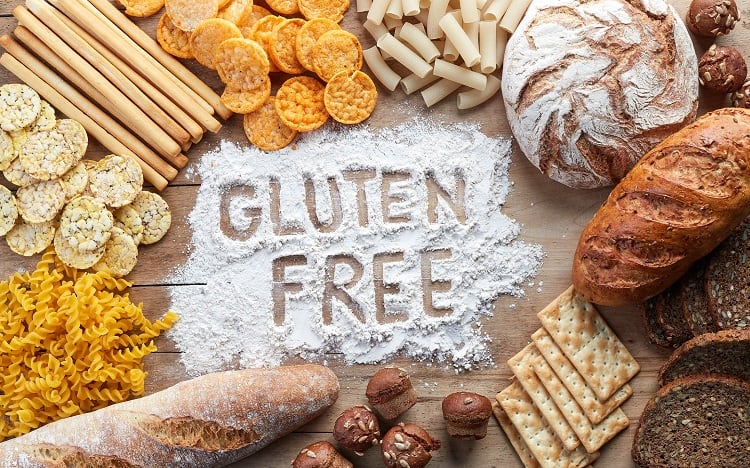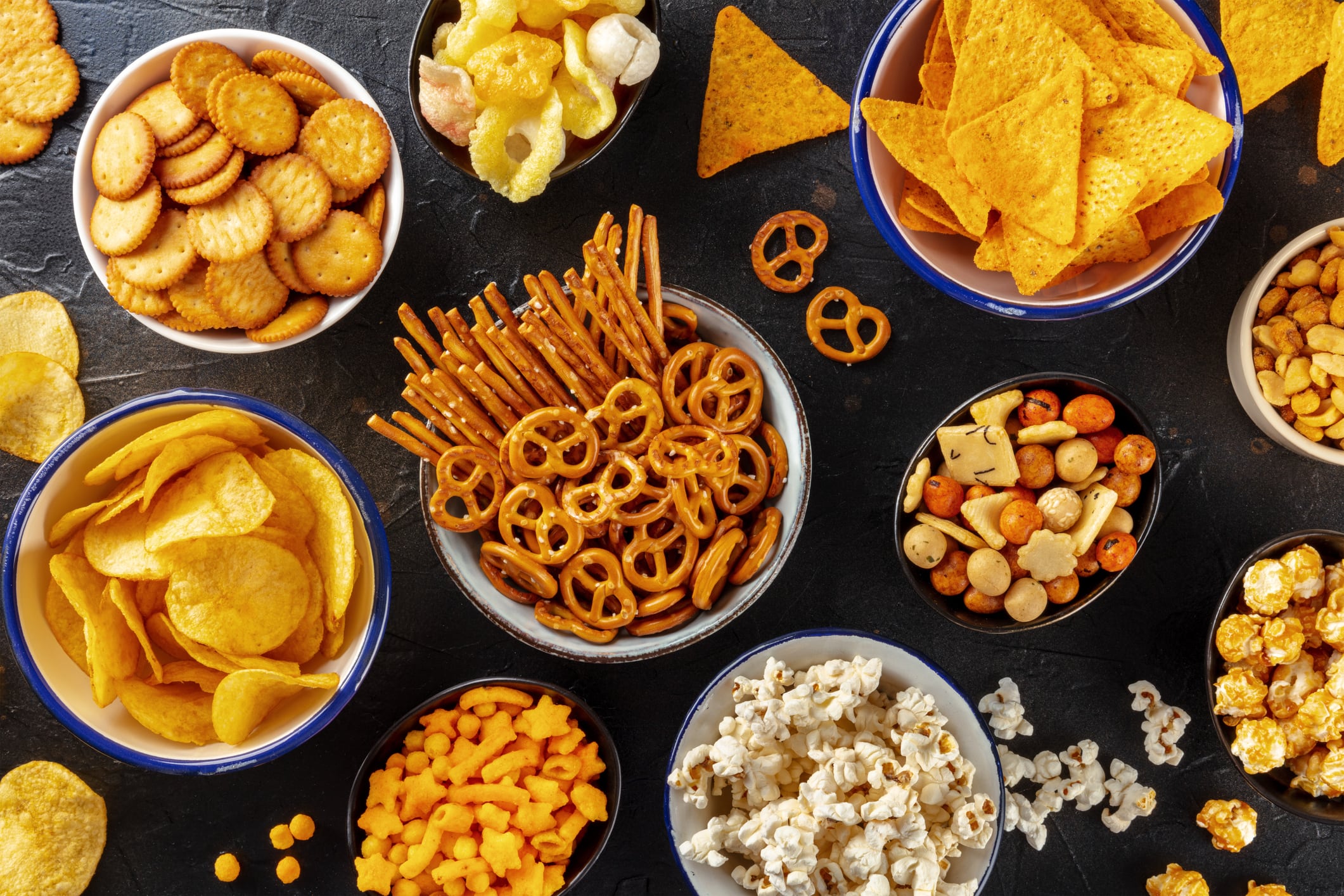This latest amendment to existing local Food Regulations were the result of two public consultations conducted by SFA in 2020 and 2022 respectively.
One of the most major changes made was the introduction of a new regulation 250B concerning gluten-free and reduced-gluten foods.
“’Gluten’ is a protein fraction from cereals including barley, oat, rye, wheat, hybridised strains of these cereals or products of these cereals, and to which some persons are hypersensitive,” Singapore Minister of Sustainability and the Environment Stanley Loh, under which the purview of SFA falls, stated via a formal statement.
“A package of food must not be labelled with the words ‘gluten‑free’, ‘naturally gluten‑free’ or ‘reduced gluten’ unless the package of food contains only gluten‑free food, naturally gluten‑free food or reduced gluten food, as the case may be.
“’Gluten-free’ would be defined as food that does not contain any of the above cereals and have 20mg/kg or less of gluten by weight of the food as sold or has processed to be as such; whereas ‘reduced gluten’ food may have a cereal mentioned above but has been processed so it has less than or equal to 100mg/k of gluten by weight of the food as sold.
“A package of naturally gluten‑free food must also not be labelled with the words ‘special dietary’, ‘special dietetic’ or any words of similar meaning.”
The new regulation also requires food businesses who intend to sell a gluten-free food or reduced gluten food as a substitute (for any food that is a source of any key nutrient) to ensure that this contains approximately the same amounts of vitamins and minerals as the replaced food.
“This ensures that consumers who rely on gluten-free food or reduced gluten food would continue to have adequate nutrient intake,” SFA stated.
“SFA will not impose restrictions on the placement of the claims (gluten-free, naturally gluten free and reduced gluten) on the label [but] food businesses who make such claims must ensure that their food products comply with the relevant criteria specified in the new regulation 250B.”
Amendments were also made to Regulation 5, whereby food manufacturers are no longer supposed to include ‘water’ in the ingredient labelling unless it is a specific, individual ingredient added on its own.
“It is not necessary to state that the food contains water in any foods consisting of two or more ingredients where one is brine, syrup or broth – the water forms a part of this and declaration of this in the ingredient list is sufficient,” the agency stated.
“Water should also not be included if it is evaporated in the course of manufacture, it makes up less than 5% of the finished product by volume or weight, or it is used to reconstitute a dehydrated ingredient, as the amount of water added in the process is equal to the amount removed during dehydration.”
These regulations will be enforced come January 30 2026.
Online platforms not affected
The new regulations were initially also supposed to apply to online platforms selling prepackaged food products, but according to separate SFA documentation on the public consultation process, this was removed in response to industry concerns.
“Ten respondents submitted comments on the proposed regulation for online platforms selling food to display the required information at the point of sale, [requesting] clarity on the responsible party to ensure that the requirements are complied with and surfacing other concerns,” said SFA.
“The original intent of the proposed regulation was to allow consumers who purchase prepacked food online to have access to similar information that they would be able to obtain from the product label, when purchasing the prepacked food from brick-and-mortar shops in Singapore.
“However, as the Food Regulations do not have extraterritorial powers, the requirements would only apply to persons and food businesses based or registered in Singapore, and would not apply to food that is directly purchased by consumers for personal consumption from persons and food businesses who are not based or registered in Singapore.
“SFA [has] carefully considered the matter and assessed that at present, it would suffice to focus efforts on promoting the use of the voluntary industry standard SS 687:2022 Guidelines for Food E-commerce to encourage joint responsibility from the industry [and] will not require online platforms to display the labelling information.”





